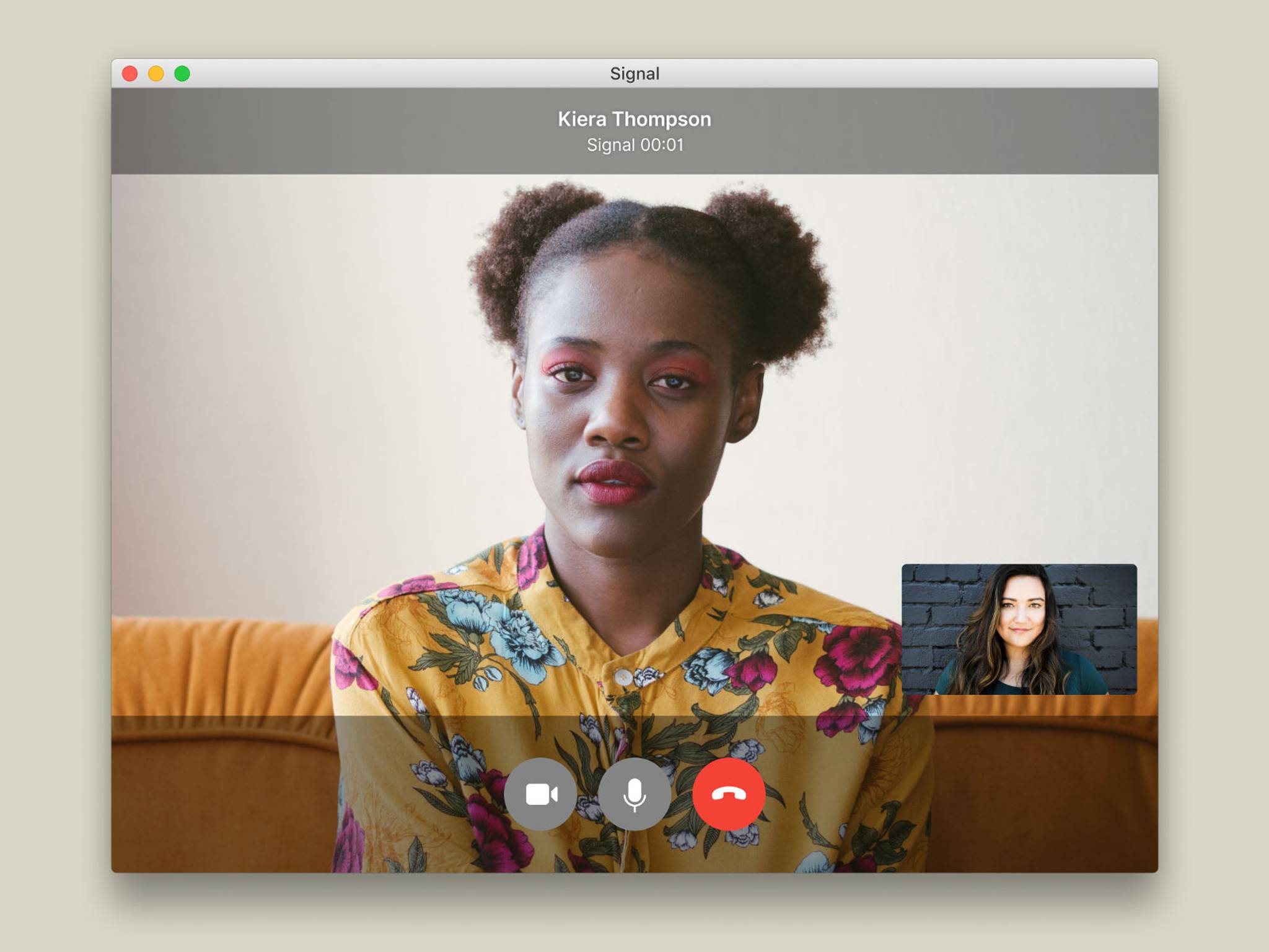
Often characterised by endless terms and conditions and tiring technicalities, consumer privacy is rarely light-hearted. We explore the insights behind why Apple is sidestepping the small print and bringing privacy woes to life in an ad filled with funny privacy mishaps.
Using everyday scenarios to illustrate each one of Apple’s updated iOS security and privacy features, Apple’s TV spot, 'Over Sharing', looks to shed light on how iPhones safeguard consumer privacy. In one scene, a woman in a movie theatre tells someone in the audience her go-to online login, highlighting the benefits of Apple's randomised login system. In another, two co-workers shout out the name of their least-favourite colleague, illustrating the virtues of end-to-end encryption on iMessage. The ad ends with the tagline: “Some things shouldn’t be shared, iPhone helps keep it that way.” Without actively naming the new features, Apple’s 'easter egg' advert aims to shed light on its privacy offerings to non-techie consumers dealing with privacy concerns.
Given that 48% of consumers who care about privacy have switched companies or service providers because of their data policies and practices, privacy is an important selling point for brands. However, despite the growing number of consumers citing privacy as a key factor driving their purchasing decisions, awareness isn't translating into engagement; just 9% of adults say they always read a company’s privacy policy before agreeing to the T&Cs, and 47% have expressed notification fatigue from messaging around GDPR. And given that analysis by the New York Times has shown that privacy policies often exceed college reading levels, the gulf between consumer concern and clarity is hardly surprising.
One solution is more transparency, with companies such as Qwant and Jumbo making privacy settings easier to manage. Yet with the need to engage consumers around the ins and outs of privacy policy still proving a challenge, Apple’s move to cut out online policy jargon in favour of easy-to-read information, and social platform MeWe’s mantra of “No Ads. No Spyware. No BS,” show how brands are slowly switching up their serious comms for something a little more catchy. Given that 53% of Americans are more likely to remember an ad if it's funny, injecting some humour into the privacy discourse is a smart way to make a dry topic more engaging.
Matilda Ruck is a Behavioural Analyst at Canvas8. She has a degree in Politics and Philosophy as well as a foundation in psychotherapy and is passionate about exploring the interplay between creativity, psychology and culture. Outside of work, you can find her writing short stories, tending to her ginger cat Thomas O’Malley or oscillating between yoga and karaoke practice.



